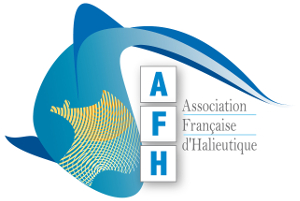2019- CDI ingénieur en modélisation Ifremer
Poste d’ingénieur en modélisation ouvert actuellement à Ifremer pour travailler dans l’unité EMH à Nantes : https://ifremer.jobs.net/job/ingenieur-en-modelisation-h-f/J3P33S60XYLJ3QMYQ8D
La limite de dépôt des candidatures est fixée au 20 mars
